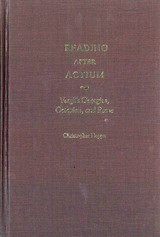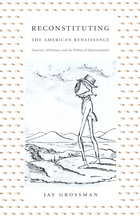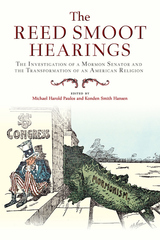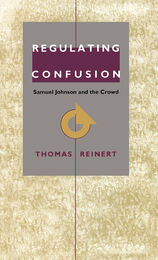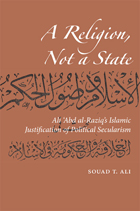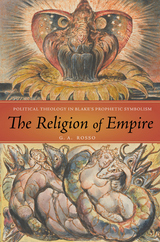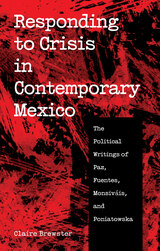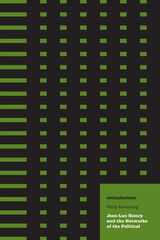Bloody Numbers: The Early Atlantic Slave Trade and the Invention of Modern Corporeality
University of Chicago Press
Cloth: 978-0-226-84514-2 | Paper: 978-0-226-84516-6 | eISBN: 978-0-226-84515-9
See other books on: Invention | Science | Slavery | Social Science | World
See other titles from University of Chicago Press
Cloth: 978-0-226-84514-2 | Paper: 978-0-226-84516-6 | eISBN: 978-0-226-84515-9
ABOUT THIS BOOK | AUTHOR BIOGRAPHY | TOC
ABOUT THIS BOOK
Upends current thinking about how early modern people started to conceptualize human beings in terms of populations.
Bloody Numbers is a provocative account of the violent world of the sixteenth and early seventeenth-century South Atlantic slave-trading societies, where traders, officials, notaries, and ship captains began thinking about human bodies as aggregate populations understood through numbers: measurements, averages, and calculations of risk and value assessed through the tabulation of heights, weights, tumors, scars, and other characteristics. Pablo F. Gómez explores how figures within the Spanish, Portuguese, and African slave trades used this model for understanding human bodies to generalize about behavior and disease in ways that foreshadowed the work of modern epidemiologists and public health officials—though they employed their probabilities with the brutal aim of protecting their financial interests rather than caring for enslaved people. The ruthlessness inherent in these practices became ingrained in the modern corporeal mathematics that emerged from the early slave trade and diffused through its vast political, financial, logistical, and intellectual networks.
A pathbreaking work, Body Numbers reveals the historical actions that rendered populations quantifiable. In doing so, Gómez shows that confronting these origins is essential to understanding the violent political, legal, economic, and scientific practices that ascribe numbers to our own bodies.
Bloody Numbers is a provocative account of the violent world of the sixteenth and early seventeenth-century South Atlantic slave-trading societies, where traders, officials, notaries, and ship captains began thinking about human bodies as aggregate populations understood through numbers: measurements, averages, and calculations of risk and value assessed through the tabulation of heights, weights, tumors, scars, and other characteristics. Pablo F. Gómez explores how figures within the Spanish, Portuguese, and African slave trades used this model for understanding human bodies to generalize about behavior and disease in ways that foreshadowed the work of modern epidemiologists and public health officials—though they employed their probabilities with the brutal aim of protecting their financial interests rather than caring for enslaved people. The ruthlessness inherent in these practices became ingrained in the modern corporeal mathematics that emerged from the early slave trade and diffused through its vast political, financial, logistical, and intellectual networks.
A pathbreaking work, Body Numbers reveals the historical actions that rendered populations quantifiable. In doing so, Gómez shows that confronting these origins is essential to understanding the violent political, legal, economic, and scientific practices that ascribe numbers to our own bodies.
See other books on: Invention | Science | Slavery | Social Science | World
See other titles from University of Chicago Press

